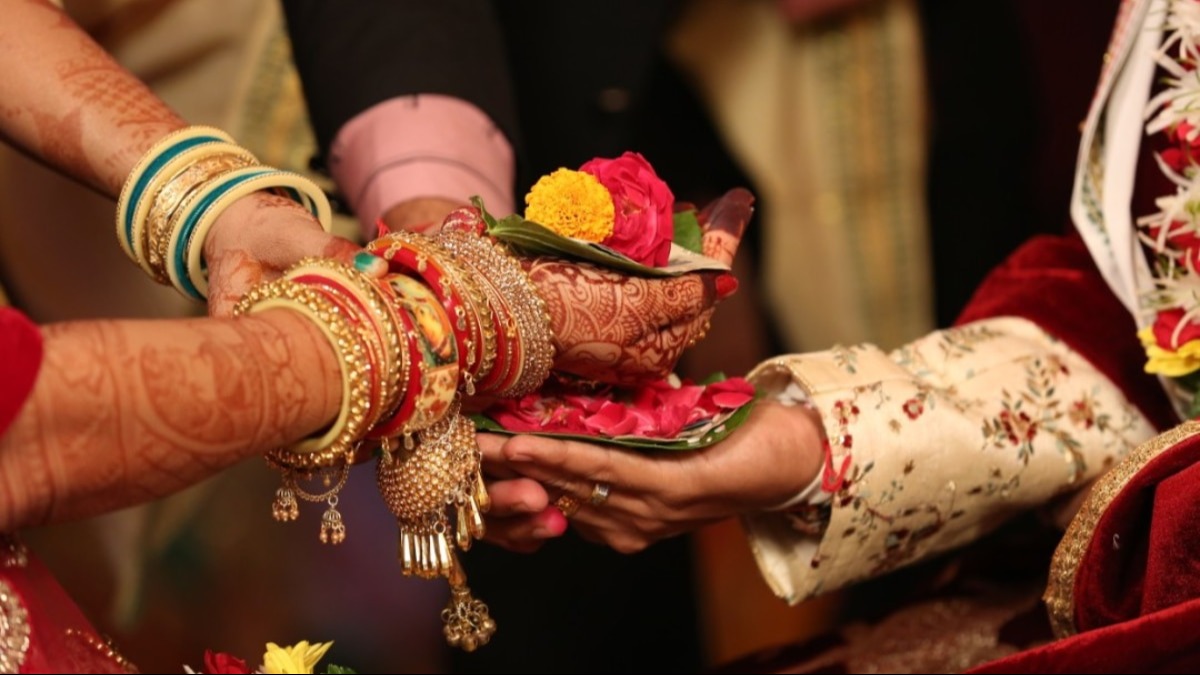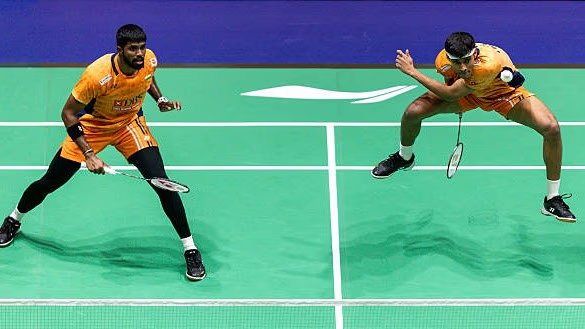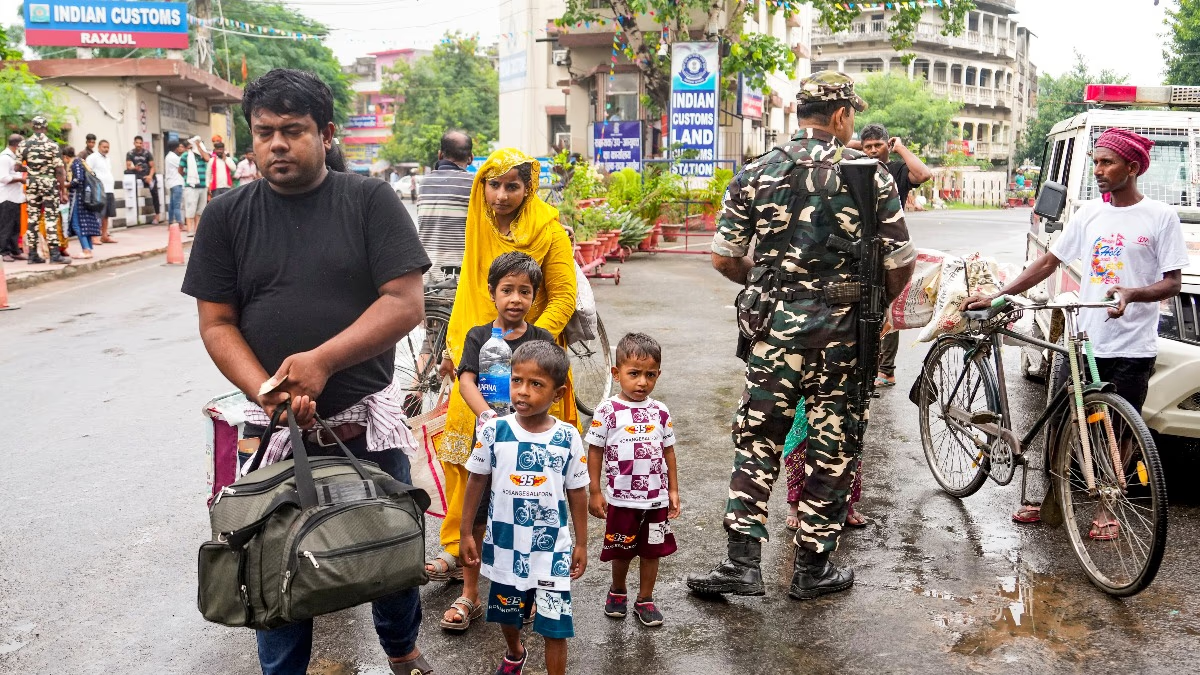The Supreme Court has stated that a Hindu marriage is not a mere occasion for 'songs and dances', 'drinking and eating', or a commercial transaction. Such events cannot be recognized as a 'lack of valid ceremonies' under the Hindu Marriage Act. The bench, comprising Justice B.V Nagarathna and Justice Augustine George Masih, highlighted that Hindu marriage is a 'sacrament', to be revered as an institution of great value in Indian society.
Two professionally trained commercial pilots petitioned for divorce decree without conducting valid Hindu marital rites. In this case, the bench implored the young man and woman to deeply consider the sanctity of the institution of marriage in Indian society before entering it.
The bench remarked that marriage is not an occasion for songs, feasts, imposing undue pressures for dowry and gifts. Engaging in such could trigger criminal proceedings. Marriage is not a commercial transaction but a serious foundational program for establishing a relationship between a man and a woman who aspire to acquire the status of husband and wife, forming a fundamental unit in Indian society.
'We condemn...'
Describing marriage as sacred, the bench stated that Hindu marriage facilitates progeny, strengthens family unity, and bolsters fraternity within communities. They condemned the practice of young men and women trying to attain the status of husband and wife without conducting valid marriage ceremonies as per the act, especially as highlighted in the current case where the marriage was planned to take place later.
Hindu Marriage Not Recognized Without...
In their April 19 ruling, the bench averred that if a Hindu marriage does not adhere to the prescribed rites and ceremonies like 'Saptapadi' (the bride and groom taking seven steps together before a holy fire), it will not be recognized as such.
The bench stated that in Hindu law, marriage is a sacrament which is the bedrock for a new family. Despite passing centuries and enactment of laws, a legal and accepted form of relationship between a husband and wife remains marriage.
"The Hindu Marriage Act explicitly rejects polygamy, polyandry, and such relationships. Parliament also intends that marriage should only have one form accompanied by all customs and rituals.
'Hindu Marriage Includes More Than Just Hindus...'
The Supreme Court bench noted that after the enactment of the act on May 18, 1955, it provided a legal framework for marriage rules among Hindus, including Lingayats, Brahmos, Arya Samajis, Buddhists, Jains, and Sikhs under the wide definition of the term 'Hindu'.
The court also stressed the benefit of marriage registration as evidence in disputed cases, yet clarified that registration does not confer validity if the marriage does not occur as per Section 7 of the Hindu Marriage Act.
Under the Special Marriage Act, 1954, any man and woman can obtain the status of husband and wife according to the act's provisions regardless of caste or creed. However, the rules state that marriage should conform to conditions under Section 5 and ceremonies as per Section 7 of the Hindu Marriage Act, 1955.
Exercising its full powers under Article 142 of the Constitution, the Supreme Court declared the couple's marriage invalid due to lack of validity under the Hindu Marriage Act and annulled their marriage certificate. The court also dismissed the dowry case filed against the husband and his family members.




